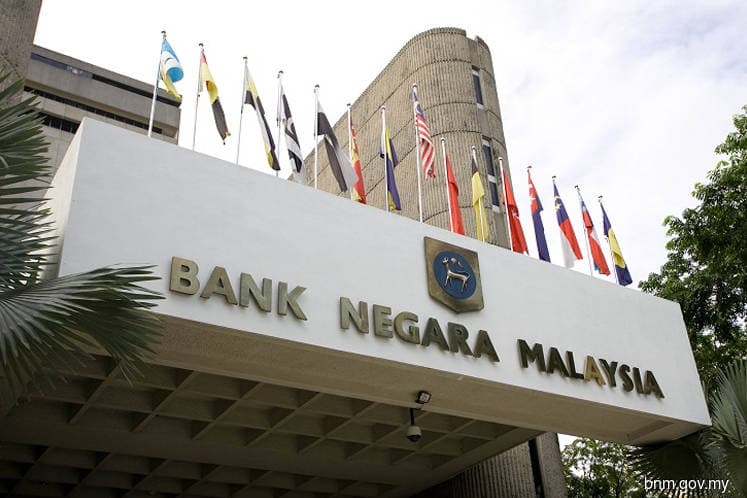
This article first appeared in The Edge Financial Daily on December 15, 2017
KUALA LUMPUR: Bank Negara Malaysia (BNM) has issued an exposure draft for public consultation on the invocation of reporting obligations on digital currency exchange business as reporting institutions under the Anti-Money Laundering, Anti-Terrorism Financing and Proceeds of Unlawful Activities Act 2001 (AMLA).
Written feedback on the specific requirements set out in the exposure draft must be submitted to BNM by Jan 14, 2018.
In a statement yesterday, BNM said this aims to ensure that effective measures are in place against money laundering/terrorism financing risks associated with the use of digital currencies and to increase the transparency of digital currency activities in Malaysia.
“The proposed policy sets out the legal obligations, requirements and standards that digital currency exchangers, which will be defined under the First Schedule of the AMLA, must carry out as reporting institutions,” BNM said.
This includes transparency obligations which are intended to provide relevant information for the public to better understand and evaluate risks associated with the use of digital currencies.
BNM said the increased transparency will also serve to prevent the use of the digital currencies for criminal or unlawful activities.
A digital currency exchanger must also declare its details to the central bank as a reporting institution.
“Failure to declare its details as reporting institutions or comply with the reporting obligations may subject the digital currency exchangers to the enforcement and non-compliance actions as provided under the AMLA as well as the potential termination or denial of use of financial services in Malaysia,” BNM said.
Nevertheless, BNM said it does not regulate digital currencies.
“The invocation of reporting obligations on digital currency exchange business does not in any way connote the authorisation, licensing, endorsement or validation by the bank of any entities involved in the provision of digital currency exchange services,” it said.
“The public is reminded that digital currencies are not legal tender in Malaysia. Accordingly, digital currency businesses are not covered by prudential and market conduct standards or arrangements that are applicable to financial institutions regulated by the bank,” it added.
The central bank said this is consistent with reporting obligations currently invoked under the AMLA on other reporting institutions, such as legal or accounting firms and real estate agents that do not fall under its purview.
Hence, BNM said the public is responsible for risks evaluation.
“Members of the public are advised to carefully evaluate the risks associated with dealings in digital currencies. This includes risks arising from high volatility in prices, the lack of deep markets and vulnerabilities to cyber-attacks which can lead to significant losses,” it said.
“Users of digital currencies will also not be covered under established disputed resolution arrangements which exist for regulated financial institutions in the event of any dispute or losses,” it added.
BNM said the invocation of reporting obligations on digital currency exchangers is the first step towards making digital currency activities more transparent in Malaysia.
“The Bank will continue to monitor and assess the risks posed to the financial system by such activities to ensure that the integrity of the financial system is not compromised,” it said.